I actually liked this book, though I do admit there is at least one note in the margins of my book that asks about the author, "Is he on crack?"
I felt that this book was highly unrealistic (cheerleaders on motorcycles?), but I felt that is what made it so important. Through the author's use of absurdity, he makes readers realize how odd it is that we think it's weird that gays are so accepted in this book, and a drag queen can be a football quarter back.
Our country has made great progress in the past 50 years (from Civil Rights to a black president), but we are still discriminating against many groups. There is a constant struggle for equality between gays and straights, which is mostly apparent during discussions about gay marriage. This book helps to point out the fact that we as a culture still think gays are "weird." Levithan shows us an alternate world where they are accepted by their peers and where they do not have to fear coming out to their friends.
I might teach this with "Hunger of Memory" by Richard Rodriguez. There are a few chapters in this memoir that detail his struggles to make his father accept him. (http://www.amazon.com/Hunger-Memory-Education-Richard-Rodriguez/dp/0553382519/ref=sr_1_2?ie=UTF8&s=books&qid=1253650932&sr=1-2)
I also think that if the school allowed it, it would be valuable to teach this with The Laramie Project (http://www.amazon.com/Laramie-Project-Christina-Ricci/dp/B000067D0Y/ref=sr_1_3?ie=UTF8&s=dvd&qid=1253651284&sr=8-3).
Certain scenes from this movie might be helpful in understanding what happens when we are hateful and intolerant.
I know that in public school we cannot teach whether homosexuality is right or wrong, but we do need to teach students to act responsibly and to be respectful of others. There is no need for violence and intolerance, and by showing them the memoir and the DVD (all taken from real-life interviews with friends/acquaintances of Matthew Shepard), students would be able to see real-life examples of intolerance, as well as how people have overcome this adversity. They could then apply this to the novel and discuss how Levithan's book addresses the current state of our society.
What Do You Mean No More Books?!?!
14 years ago

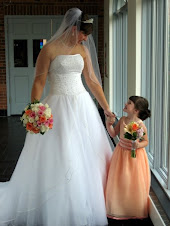
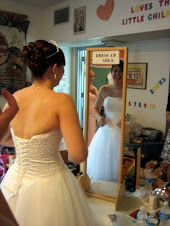
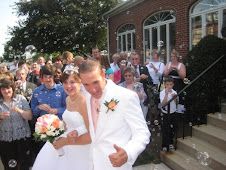


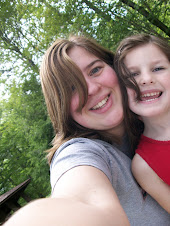
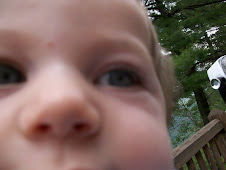
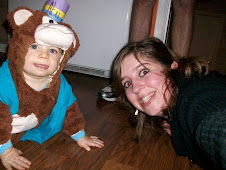





I like your idea of using real-life events as supplemental materials for this novel - I think that intolerance for prejudice could be the theme of the class, rather than homosexual adolescent literature...it would probably go over better with the parents. =)
ReplyDeleteI like all your ideas for supplimental material also. I was a little taken back by your comment that we can't teach whether homosexuality is "right or wrong" though. I understand what you're saying. But I think the issue is more complex than something so black and white.
ReplyDeleteThanks Susan... sometimes my words don't always come out like I want them to! I guess this goes back to the idea of teaching about sex in "Forever"---we are not there to teach morals (well, in a way, I guess we are?)... But we can't take an issue in society and tell the students what to believe about it. We can encourage discussion that helps students make their own choices, but we can't preach to them about whether they should have sex, whether they should kiss other boys, etc.
ReplyDeleteI agree with both Brooke and Susan. The use of outside materials to help this novel would make it a little easier to teach. And by looking at it more as a prejudice issue than a homosexuality issue is a very good idea.
ReplyDeleteHowever, I still think that there would be parents who would not be happy with this even if you were to discuss prejudice instead. We can't hind the fact that the novel deals with homosexuality and I know (at least in my old school district) once a topic such as that arises, it seems to be dismissed no matter what other plans you had with the novel.
Like you said, though, if you could get the ok from the school and parents, I think it would be a good novel to teach dealing with prejudices.
I also think that this novel would be good to recommend for students outside the classroom. Even allow them to do a book report on if they wanted to.
Interesting thoughts in your first few paragraphs. I hadn't thought about teaching this book that way.... the fact that students may think that the book is "weird" since these students are accepted as "normal" is an excellent catalyst to a discussion about what defines "normality" and why they may think this book is so "weird."
ReplyDeleteI agree Kayla, that this could offend parents. I just wonder where we draw the line. Romeo and Juliet surely offends parents because of the suicide and because it shows how R&J disrespected their parents by being together. But we still teach it. And I'm sure some parents would be offended if we completely ignored this topic. We need to stop worrying about stepping on people's toes, which is difficult in a public school setting, but still important in teaching our students well.
ReplyDelete